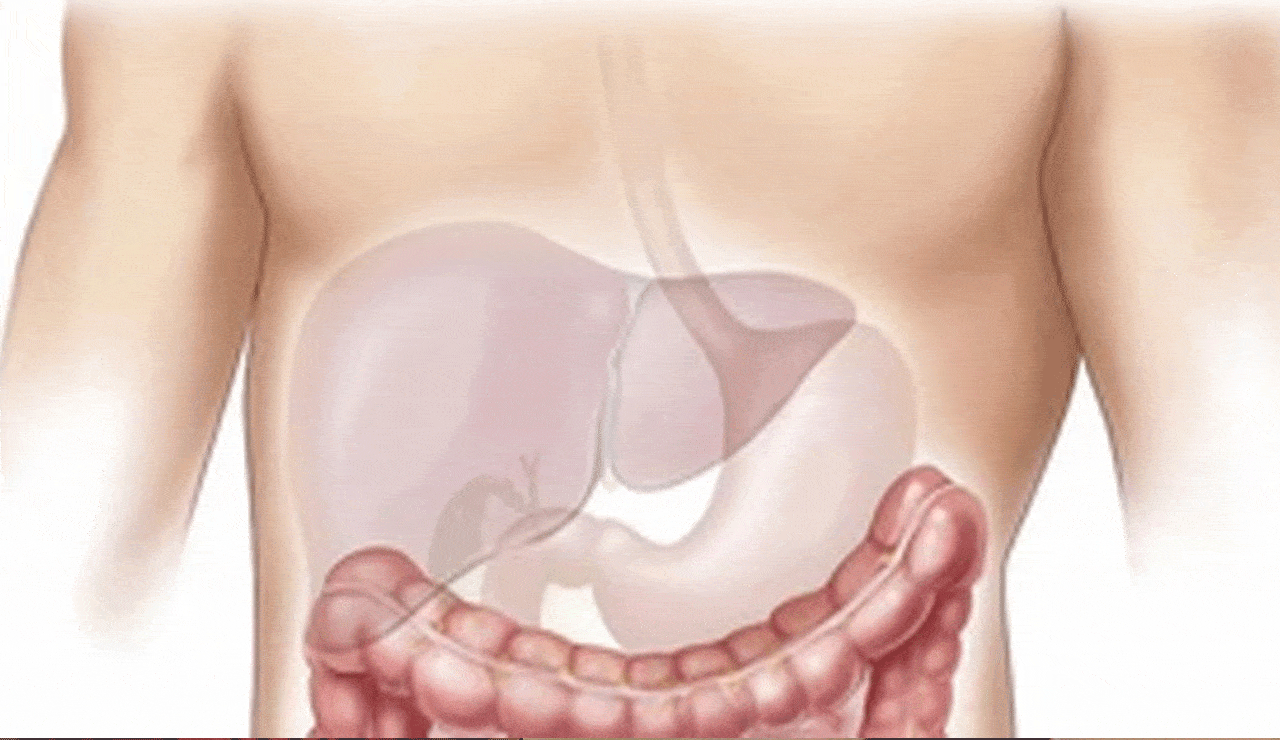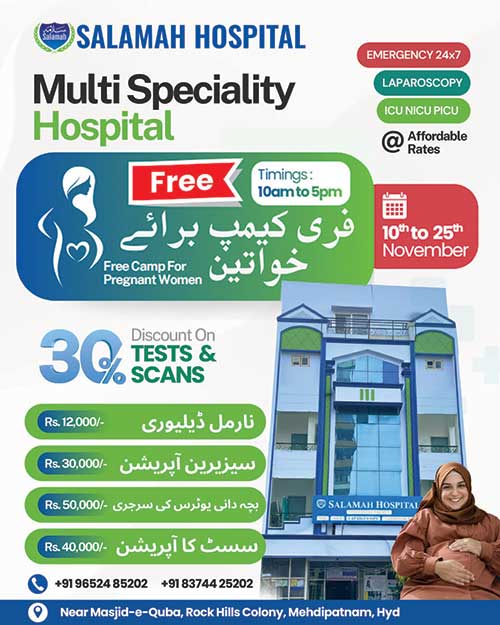Sleep well, avoid junk food to keep your liver healthy
Maintaining a healthy liver requires a good night's sleep and steering clear of junk food, emphasized Dr. S.K. Sarin, Director of the Institute of Liver and Biliary Sciences (ILBS), on Friday.

New Delhi: Maintaining a healthy liver requires a good night’s sleep and steering clear of junk food, emphasized Dr. S.K. Sarin, Director of the Institute of Liver and Biliary Sciences (ILBS), on Friday.
Dr. Sarin noted that junk food, as the name suggests, should be discarded. Regular consumption of such foods can severely harm liver health.
“The word junk food means it is junk. It has to be put in the dustbin. But if you think your stomach and intestines are dustbins, put that food inside. Otherwise, avoid, don’t use it,” Dr. Sarin said in a post on social media platform X.
Risks of Consuming Junk Food
Junk food, rich in unhealthy fats, sugars, and processed ingredients, heightens the risk of obesity, high cholesterol, and type 2 diabetes. These conditions significantly increase the chances of developing non-alcoholic fatty liver disease (NAFLD) and progressing to more severe complications like cirrhosis and liver cancer.
The Role of Good Sleep in Liver Health
Dr. Sarin also stressed the importance of sleeping well and avoiding late-night meals to protect gut bacteria vital for good health. Studies indicate that poor sleep habits elevate the risk of fatty liver disease.
“Sleeping late and eating late-night food is not a great idea, because the bacteria in your intestines which process the food, will also sleep late. Restorative good sleep is the best thing,” he said.
Late-night eating has been associated with a higher risk of significant fibrosis, a sign of liver damage, due to the body’s impaired ability to process fats and carbohydrates during sleep.
Advice for a Healthier Lifestyle
Dr. Sarin advised people to prioritize health over pursuits like money, power, and status. Maintaining “a sound healthy body and a good night’s sleep” are essential, as these are the “only two things which give happiness in life,” he remarked.
Understanding NAFLD and Its Impact in India
NAFLD, now termed metabolic dysfunction-associated steatotic liver disease (MASLD), is a chronic condition where fat builds up in the liver among those who consume little or no alcohol. It primarily affects people with diabetes, obesity, high blood pressure, or high cholesterol.
In India, fatty liver disease is becoming a major health concern, impacting around three out of every ten people.
To address this, the Union Health Ministry released revised operational guidelines and a training module for MAFLD in September last year, aiming to promote early detection and improve patient outcomes.

